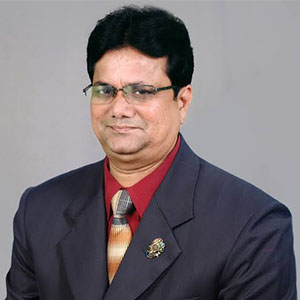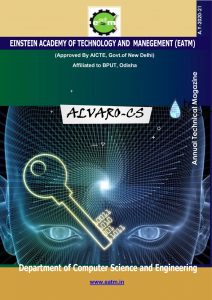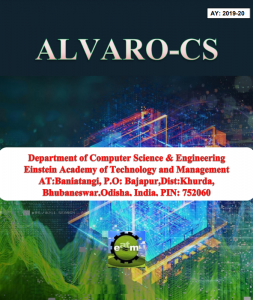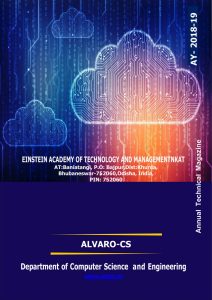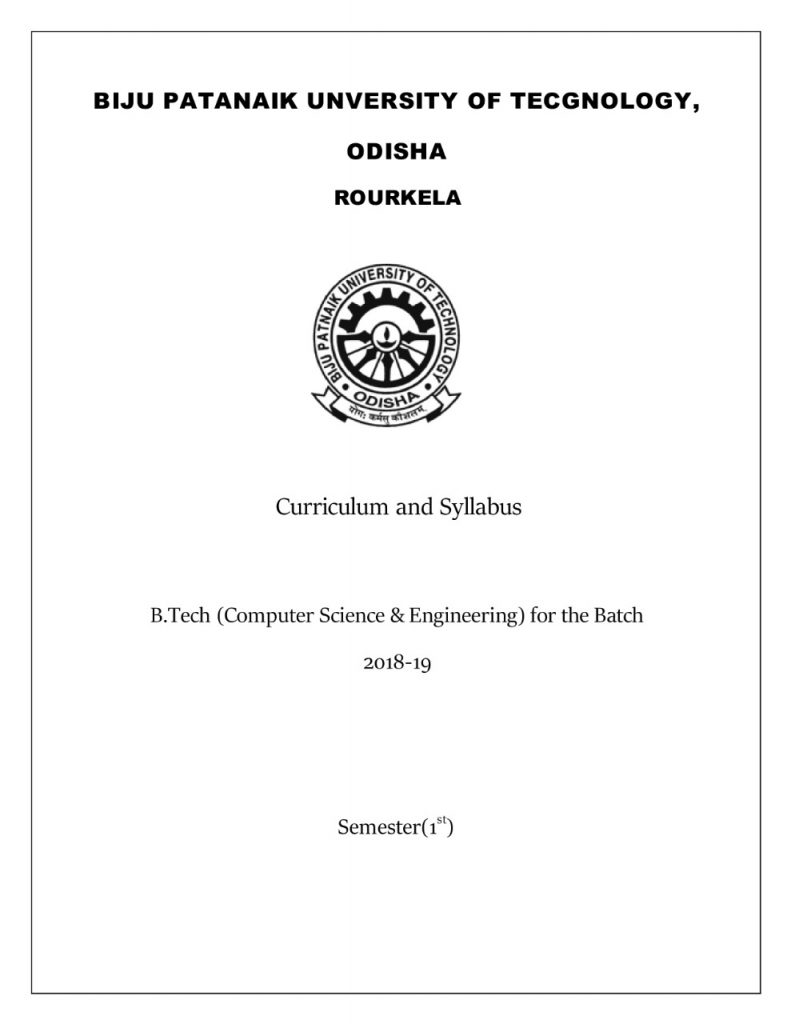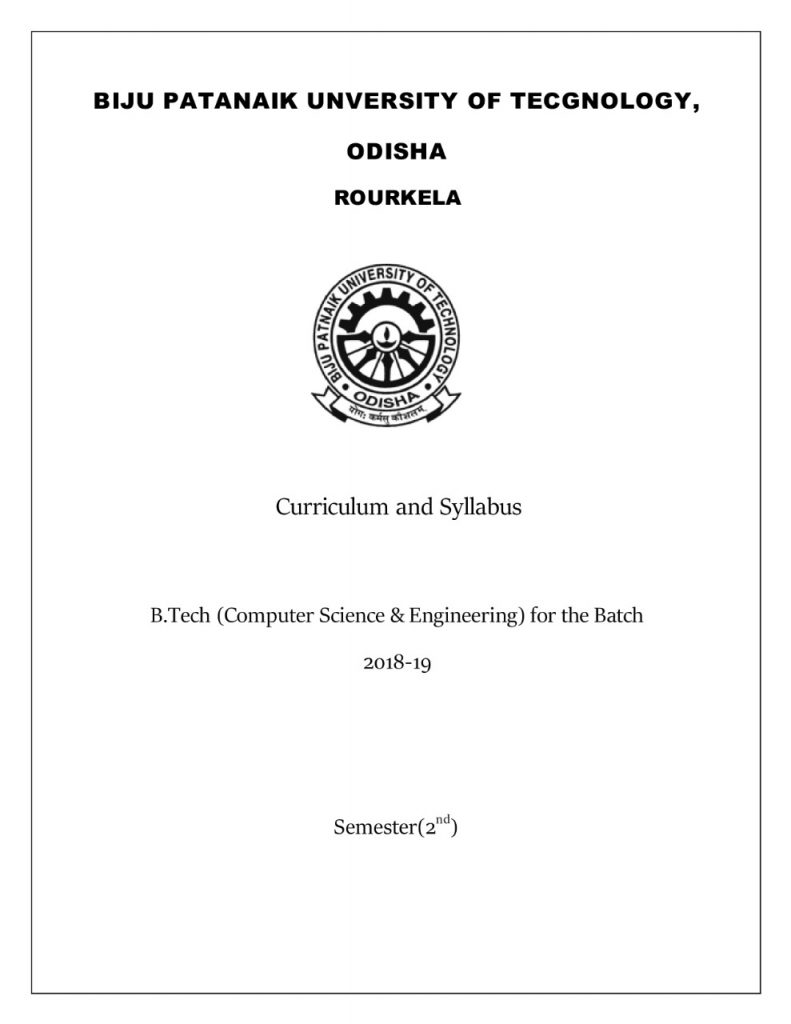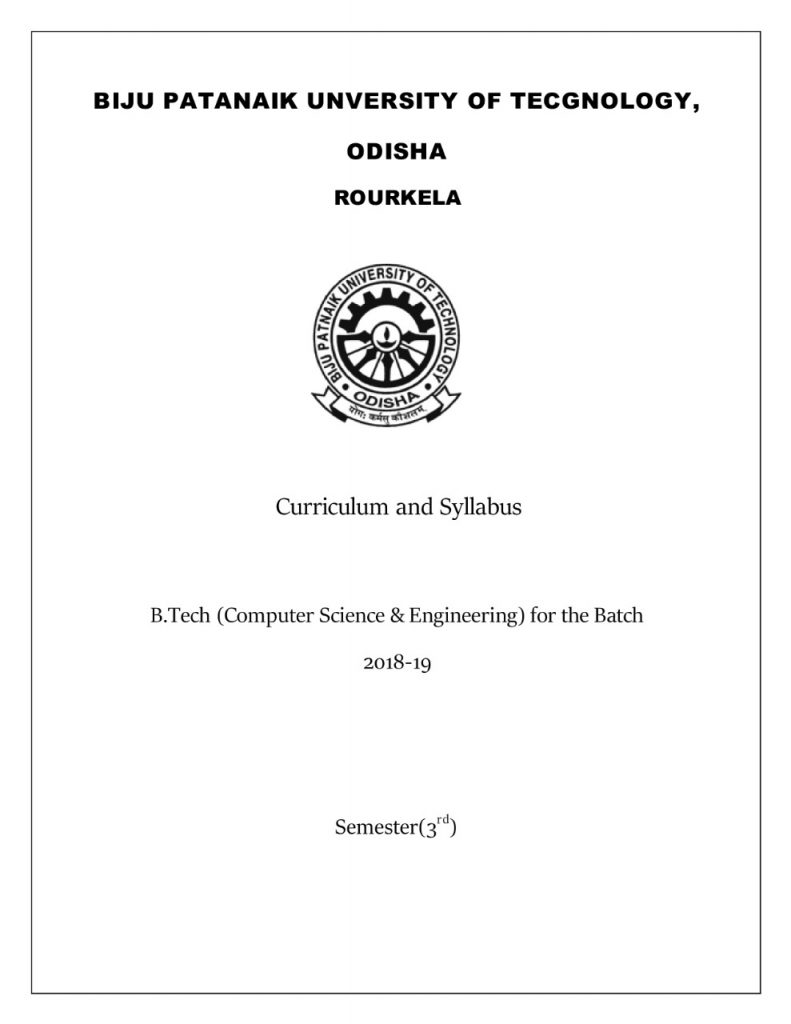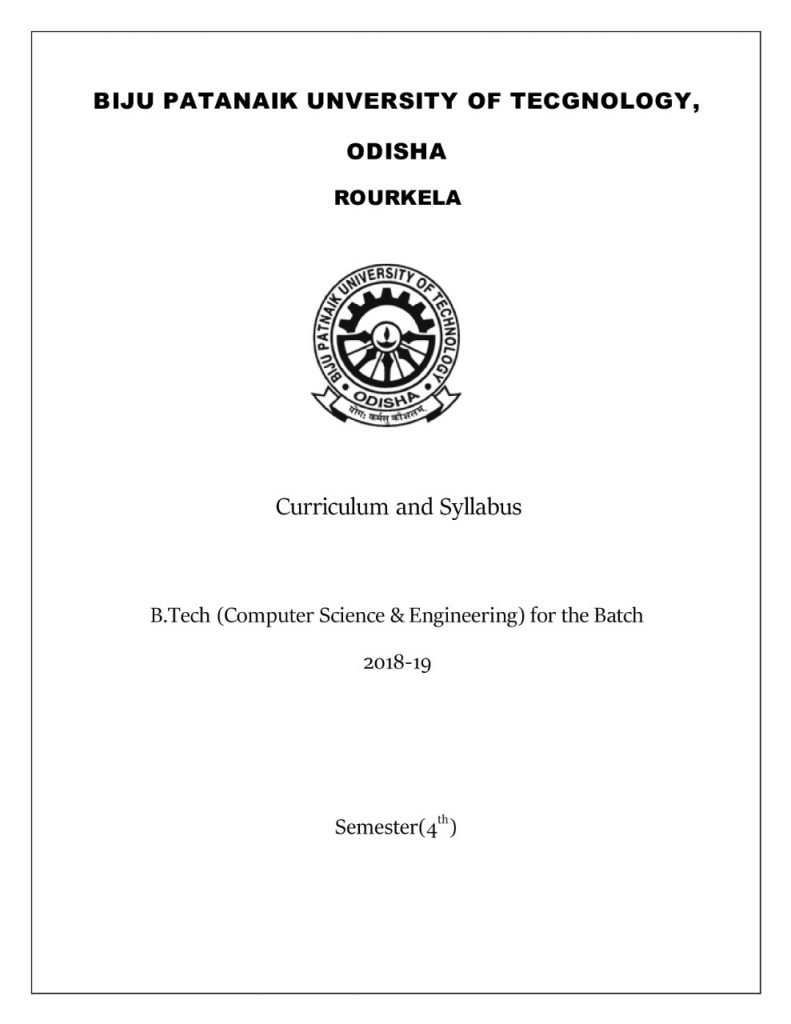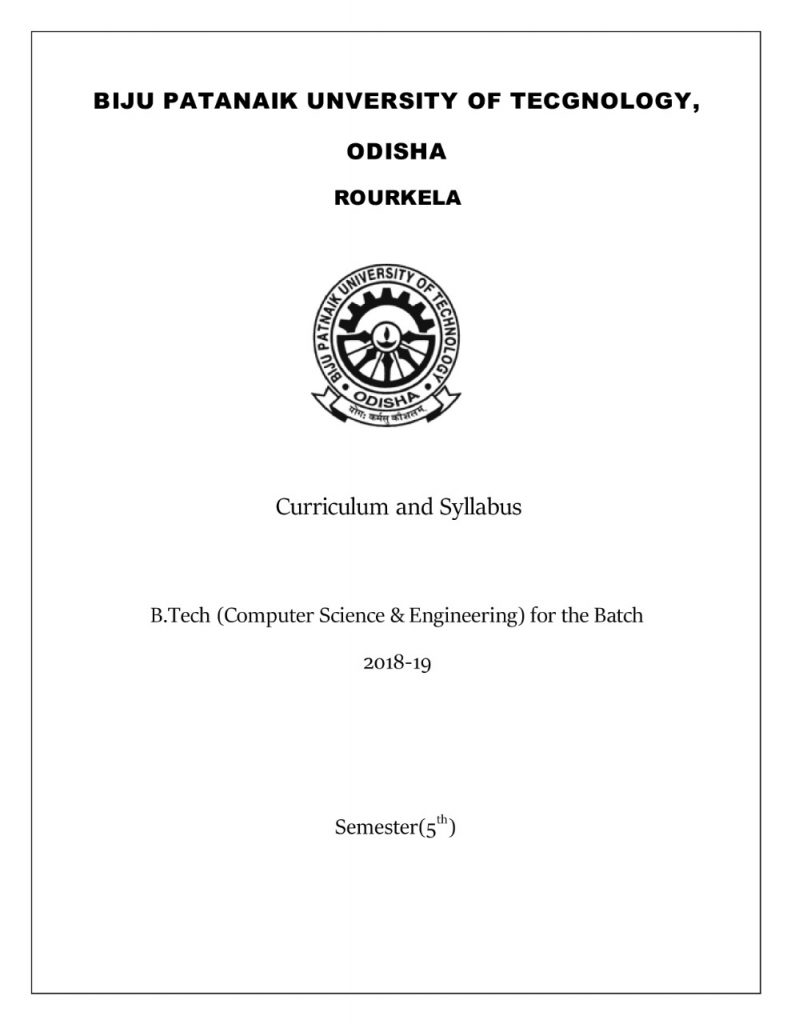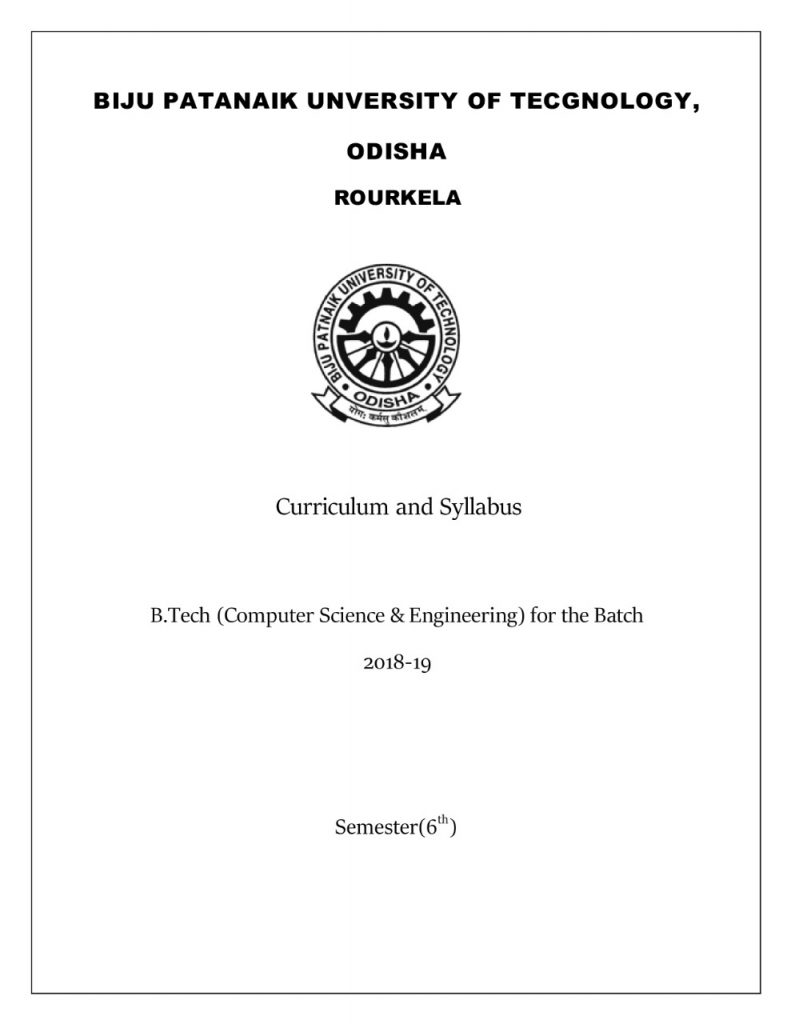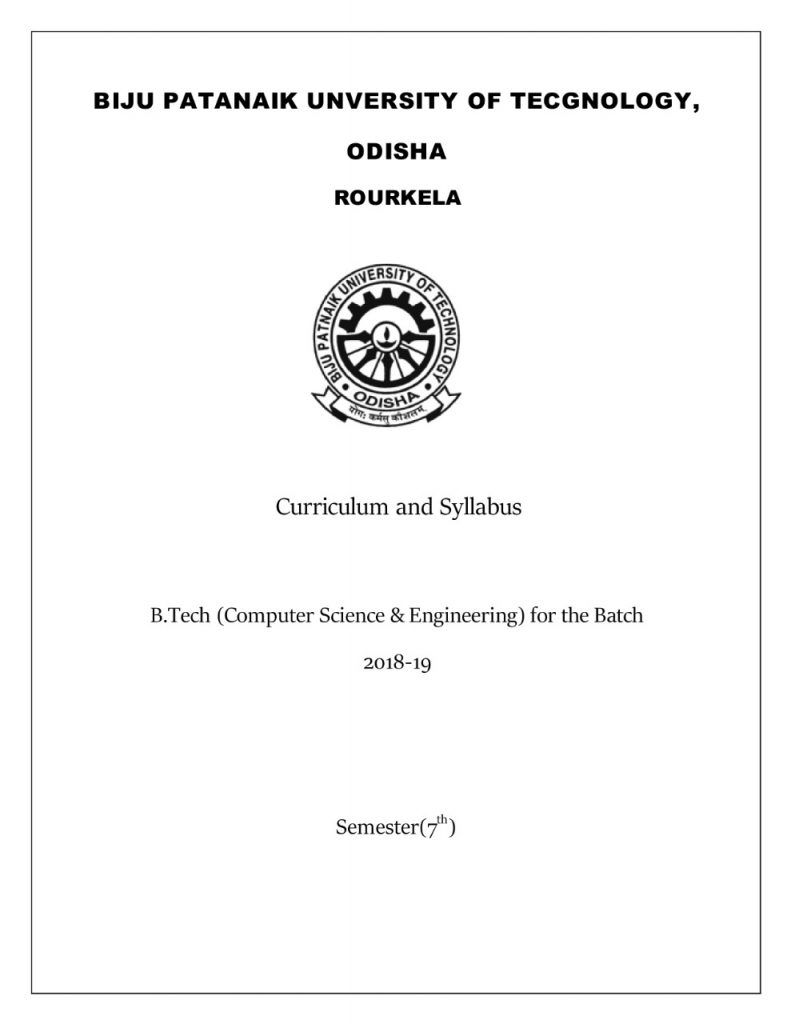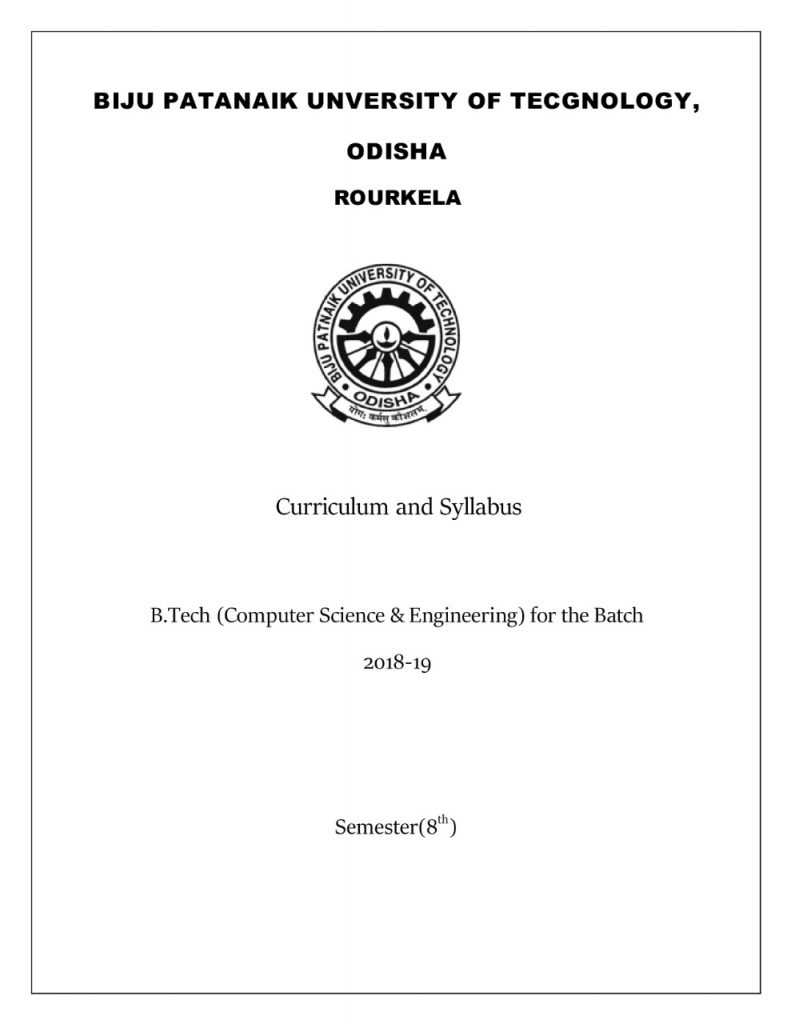Computer Science and Engineering (Data Science)
- Introduction
- HOD’s Message
- Faculty Members
- Vision & Mission
- Courses Offered
- COs
- POs
- PEOs & PSOs
- PAC & DAB
- Laboratory Facilities
- Department Library
- Opportunities
- Achievements
-
Seminar, Workshop,
Conference, FDP, STTP - Value Added Courses
- Lecture Notes
- Gallery
- E-Magzine
- Syllabus
- Student Project/Internship
<!–
Department Library has an extensive collection of books, technical and technical journals, and electronic reference material, which is updated regularly. The Library and Information Centre consists of a Reference Section, Circulation Section, Audio-visual Section, Periodical Section, Book Bank, and Digital Library.
Bachelor of Technology (B.Tech) after 12th in Science is a 4-year undergraduate program. This is one of the most opted computer science courses in India.
It is because the course curriculum is designed in a way that incorporates the basics and fundamentals of all the domains and sub-topics of Computer Science. Hence, the course offers knowledge in diverse fields and the student has numerous options to build a career in any one of the disciplines.
Mode of Learning- Both these courses are quite technical and highly advanced in terms of their curriculum and need regular practical learning. Therefore, BE and B.Tech courses are available only in offline mode. The government has not approved any online BE/B.Tech courses.
P.S- There are hybrid (online + offline) B.Tech courses but only for working professionals. So, immediately after 12th class, you can pursue BE/B.Tech only in the offline mode.
Duration- Both the BE and B.Tech courses are for a duration of 4 years. The course curriculum is divided into 8 semesters of 6 months each.
Eligibility- The eligibility criteria for admission in BE/B.Tech in Computer Science courses is that the applicant must have passed class 12th with Physics, Chemistry, and Mathematics as core subjects and with a score of at least 50% aggregate marks (or an equivalent grade) from a recognized board of education.
Career Prospects- BE/B.Tech in Computer Science is a job-oriented course, so you can directly get jobs related to software engineering in the Computer Science and IT departments of companies or in companies that have tech-based products.
However, the course also offers options for further studies. You can go for a postgraduate program in a particular discipline you want to specialize in and build your career. For example, after a B.Tech in Computer Science, if you are interested in the field of Cloud Computing, then you can go for a postgraduate course in Cloud Computing.
Job Roles and Salary- Given below are the prospective job roles after B.Tech in Computer Science and their respective average base salaries.
- FACULTY
- STUDENTS
Value Added Education Courses aim to provide learner centric technical training. The main objectives of the program are:
$ To provide students an understanding of the expectations of industry.
$ To improve employability skills of students
$ To bridge the skill gaps and make students industry ready.
$ To provide an opportunity to students to develop inter-disciplinary skills.
In addition to the infrastructure and lab facilities available in the Department, Value Added Training Centers established in CSE in collaboration with industry leaders are used for conducting these employability enhancing Courses. The Courses focus on skill development and more than 50% of the time is spent on practical training and problem solving.
- Core Python Programming.
- AWS
- Linux Administration
- Data Engineering with Hadoop and Spark
- Deep Learning and Machine Learning Programming through Python
- Embedded Programming using C
- Web Designing using PHP
- C#.net



